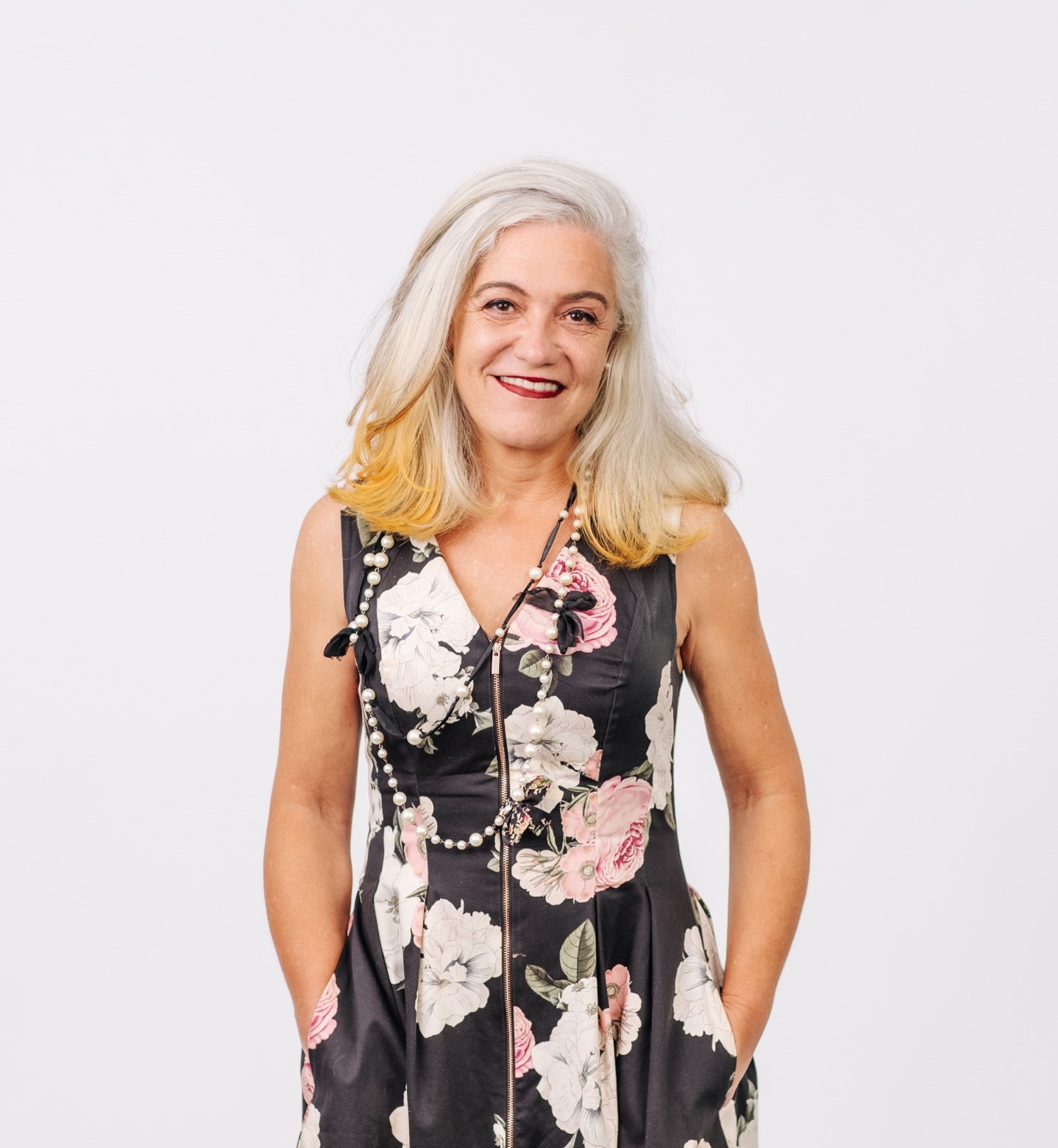
Marcia Scott, a Jobs Victoria Advocate from Fitted for Work, shares her experiences communicating in English as an additional language.
As someone from a culturally and linguistically diverse (CALD) background, I am personally sensitive to people's reactions to my speech and accent. If someone seems impatient or frustrated, then my language skills deteriorate. But the opposite is also true. If you are warm and welcoming, then my ability to express myself improves, and sometimes I even surprise myself with how well I can use clear and concise communication.
For example, the invitation to write this article makes me feel extremely confident in my ability to use the English language and express my thoughts in a written format. So, here are some of my tips for communicating with CALD communities, based on my personal experiences.
Acknowledge strengths
I am encouraged when you acknowledge that I speak more than one language, even when I make mistakes in English. Studies from the British Council have shown that bilingual people tend to be intelligent and use more neural pathways to process language. It is good to be reminded of this sometimes, as focusing on the positives gives me more confidence.
I absorb a lot of vocabulary by reading, listening, and watching media. Words with Latin roots (as seen on Penlighten) are familiar. It makes sense that I understand long or technical words sometimes, but I often don't know common or slang terms. I recently had to learn the word ‘lanyard’.
I am resilient. My stories as an immigrant give me strength and courage. Don't forget we share the same humanity, ethical and moral values. As an example, we appreciate family, friends, love, kindness and connection, and this gives me a sense of belonging.
Try written communication
For me, reading can be easier than listening. If you are having difficulty communicating, you could try providing the information in a written format. People learn languages in different ways and can be at different stages. Depending on where we are on the journey, the written language might be a lot easier to understand than speech.
Use plain language
Use plain language and say exactly what you mean. The use of slang is also difficult to understand because it is culturally based, and I don't have the background to appreciate the terms and phrases. I like to feel a sense of belonging and sometimes slang can exclude me from understanding the culture of the person or group I am with. I want to learn, but it takes time, so it is probably best to use slang sparingly.
For instance, I love to say to my Australian-born friends ‘Go Pies’. In response, I always get a funny comment and appreciation that I am trying to understand Australian football. ‘Try’ is the operative word here.
Choose your verbs
Phrasal verbs (verbs that use multiple words in a phrase) are very difficult to master. For me it is still a work in progress. I learnt common verbs much faster. For instance, ‘set’ can mean many different things. Changing the word that comes before ‘set’ (about, apart, aside, back, in, off, on, out, up) can change the meaning of the sentence completely.
For example:
- set about (start doing something)
- set apart (distinguish between)
- set aside (save for later)
- set back (delay)
- set in (take hold)
- set off (start)‘set on/upon (attack)
- set out (begin a journey)
- set up (assemble/install).
Can you imagine how difficult it is for me to memorise all these different meanings for the word ‘set’? I think this is one of those things that native speakers grow up learning, but someone from a CALD background does not.
In another example, it is simpler to understand ‘I surrender’ rather than ‘I give over’ or 'I give in’.
Always focus on connection
In my job at Fitted for Work, I support many CALD women who sometimes start a conversation saying, ‘My English is not very good’ and I immediately ask what their native language is. Often, they speak three or four languages. This is a gentle way to remind them they do speak more than one language, and I can sense how they begin to relax and feel proud of themselves. There is usually no need for interpreters and, without exception, I compliment each one of them for their ability to make themselves be understood.
Communication that flows easily provides the basis of connection between people that is beyond language. I am not an expert but, in my experience, being accepted and forming relationships based on similarities, and not differences, brings the best out of me in the way I express myself.


